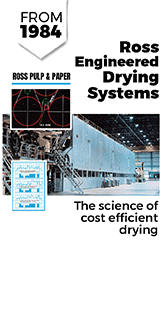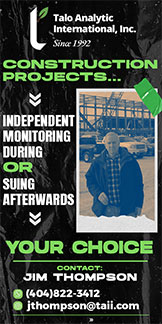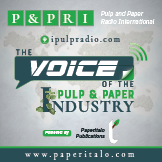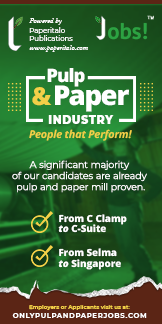By Jared Burden[1]
Partner, GreeneHurlocker, PLC
jburden@greenehurlocker.com
The Trump administration's aggressive use of tariffs led many companies in Virginia--and across the country--to ask: Can newly imposed tariffs excuse performance under existing contracts? Specifically, can they trigger force majeure clauses or support a defense of commercial impracticability?
This article examines this question under the law of my firm's home state of Virginia. The short answer is probably not, in most cases. Virginia courts narrowly interpret force majeure clauses, are skeptical of impracticability defenses based on cost increases, and generally view tariffs as foreseeable business risks. Businesses should address these risks proactively through careful contract drafting and negotiation, rather than relying on post hoc legal defenses.
Force Majeure Under Virginia Law
Force majeure is a contractually created defense that excuses performance when extraordinary events occur beyond the parties' control. In Virginia, force majeure is not implied--it must be expressly included in the contract. Courts construe force majeure clauses narrowly, excusing performance only if:
- The event is specifically listed in the clause or fits within an expressly enumerated category, and
- The event directly prevents performance, not merely makes it more difficult or costly.
As with all force majeure claims, the enforceability and effect of the clause depends heavily on the specific contract language and the particular facts at issue. The devil is truly in the details.
Could Trump's Tariffs Trigger Force Majeure?
The specific language used in a force majeure clause is critical. If a force majeure clause expressly references "tariffs," "trade restrictions," or "governmental trade actions," a party may have a stronger basis to claim excuse. However, if the clause is general--listing only broad categories like "governmental action"--courts may require a stronger showing that the tariffs fundamentally interfered with performance.
Critically, even where tariffs impact a contract's economics, a party must show that tariffs directly prevented performance--not merely made it more expensive or less profitable--for force majeure relief to apply.
Another major obstacle is foreseeability. Virginia courts often infer a foreseeability requirement when interpreting force majeure provisions, particularly if the contract language is silent. President Trump had a long and public history of advocating tariffs, and major trade actions, including some tariffs, began in his first administration. Businesses entering into contracts after 2018 would likely face significant difficulty arguing that new tariffs were unforeseen.
Commercial Impracticability as a Backstop
Even without a force majeure clause, a party may attempt to invoke the doctrine of commercial impracticability, codified in Virginia under UCC § 2-615 and Virginia Code § 8.2-615. To succeed, a party must show that:
- An unforeseen event occurred after contract formation,
- The event's non-occurrence was a basic assumption of the contract,
- The event makes performance excessively and unreasonably burdensome, and
- The party seeking excuse did not assume the risk of the event.
Courts generally apply a high standard for impracticability. Cost increases--even steep ones--rarely meet the threshold.
Practical Recommendations for Virginia Businesses
Given these hurdles, Virginia businesses should proactively manage tariff risks through careful contracting.
For new contracts:
- Specific Force Majeure Clauses: Include tariffs, trade barriers, and governmental trade actions by name.
- Price Adjustment Mechanisms: Build flexibility into pricing formulas based on tariff changes.
- Risk Allocation Provisions: Clearly define how tariff-related costs are allocated.
- Alternative Sourcing Flexibility: Permit suppliers to source from regions not subject to tariffs.
- Notice and Mitigation Requirements: Require prompt notice of tariff impacts and good-faith mitigation efforts.
For existing contracts:
- Early Renegotiation and Dialogue: Open a discussion with counterparties early to clarify potential impacts and seek mutually acceptable adjustments, rather than waiting until performance problems arise.
- Documentation: Maintain detailed records of tariff-related cost impacts and mitigation efforts.
- Legal Consultation: Consult counsel early to avoid potential breach claims and to preserve commercial relationships.
Conclusion
The bottom-line is that in most cases the tariffs imposed by the Trump administration are unlikely to excuse contractual nonperformance through either force majeure or commercial impracticability defenses. Courts are likely to view tariffs as foreseeable business risks, and mere cost increases are insufficient to excuse performance.
[1] Jared Burden is a Partner with the Virginia-based law firm GreeneHurlocker, PLC. Jared is a business attorney with 37 years of experience in contract law, corporate transactions and commercial real estate, providing advice and counsel to entrepreneurs, middle-market businesses across all industries, and renewable energy companies.






















